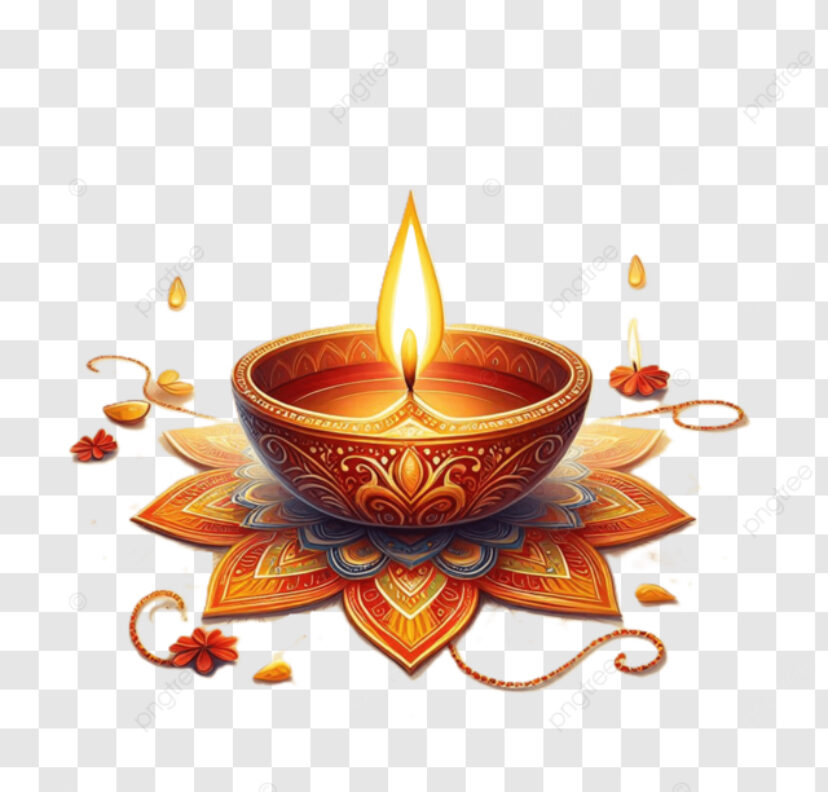Two dates, one festival: When is Diwali 2025 really happening?

The debate over when to celebrate Diwali 2025 has taken center stage this year, thanks to a rare overlap in the lunar and solar calendars. With the new moon (Amavasya) falling between October 20 and October 21, the timing has left devotees across India wondering: When should we truly celebrate the Festival of Lights?
The Lunar Calendar Twist
Unlike fixed Gregorian calendar festivals, Diwali follows the Hindu lunar calendar and is celebrated on Amavasya of the Kartik month. This year, that period begins on October 20 at 3:44 pm and ends on October 21 at 5:54 pm. Because the Amavasya spans two calendar days, the exact celebration date differs across regions based on sunset timings and local traditions.
According to leading astrologer Acharya Vikramaditya, cities where the sun sets after 5:30 pm should observe Diwali on October 20, while places where sunset occurs before 5:30 pm are advised to celebrate on October 21. The astrologer adds,
“This year’s planetary alignment forms a rare Mahalakshmi Yoga, making the timing of puja especially auspicious. Performing the Lakshmi Puja at the right muhurat invites wealth, peace, and prosperity.”
What This Means for Devotees
For most parts of India — including Delhi, Mumbai, Kolkata, and Hyderabad — Diwali celebrations are expected on October 20, when Amavasya coincides with the evening hours. However, some eastern and southern states, where the sun sets earlier, may mark the festival on October 21.
To avoid confusion, religious leaders and astrologers advise consulting local priests (pandits) for guidance based on regional muhurats. Regardless of date differences, the essence of Diwali — light over darkness and hope over despair — remains beautifully unchanged.
A Celebration with a Conscious Touch
This year’s festivities come with a significant environmental reminder. After four years of restrictions, the Supreme Court of India has permitted the sale and use of “green crackers” in Delhi to help reduce pollution levels. These eco-friendly fireworks reportedly emit 20–30% less smoke and noise than conventional ones.
However, environmentalists remain skeptical. Studies show that even green crackers release harmful particulates, and many worry that unregulated sales may still worsen the post-Diwali air quality, especially in northern India, where smog already lingers during winter.
The Cultural and Culinary Extravaganza
Beyond lights and fireworks, Diwali is a festival of togetherness, food, and devotion. Families clean and decorate their homes, wear new clothes, and exchange gifts and sweets. From gulab jamun and kaju katli to chakli and samosas, kitchens across India come alive with traditional recipes.
Colorful rangolis adorn entrances, inviting good fortune and happiness, while households perform Lakshmi Puja to honor the Goddess of Wealth. Across communities, Sikhs, Jains, and even non-Hindus join in the spirit of light, joy, and renewal.
Why the Date Debate Matters
For millions of Hindus, performing rituals at the precise muhurta is more than tradition — it’s believed to strengthen spiritual harmony and attract prosperity. This year’s overlapping lunar window makes choosing the right day more significant than ever.
The Bottom Line
Whether Diwali is celebrated on October 20 or October 21, its essence remains the same — the triumph of good over evil, light over darkness, and love over indifference. The lamps, laughter, and blessings transcend calendars, uniting families and communities in celebration.
FAQ
1. Why is there confusion about Diwali’s date in 2025?
Because the lunar Amavasya spans two solar days — October 20 and 21 — some regions will celebrate earlier, while others will observe Diwali the next day.
2. Which date will most of India celebrate Diwali in 2025?
Most northern and central states are expected to celebrate on October 20, while parts of the east and south may observe it on October 21.
3. What is Mahalakshmi Yoga?
It’s a rare astrological alignment believed to bring prosperity and spiritual harmony, making Diwali 2025 especially auspicious.
4. Are firecrackers allowed this year?
Yes — the Supreme Court has allowed green crackers in Delhi to reduce pollution, though their environmental impact remains debated.
5. Is Diwali only for Hindus?
No. Diwali is also celebrated by Sikhs, Jains, and Buddhists, symbolizing spiritual renewal and victory of light in various forms.

